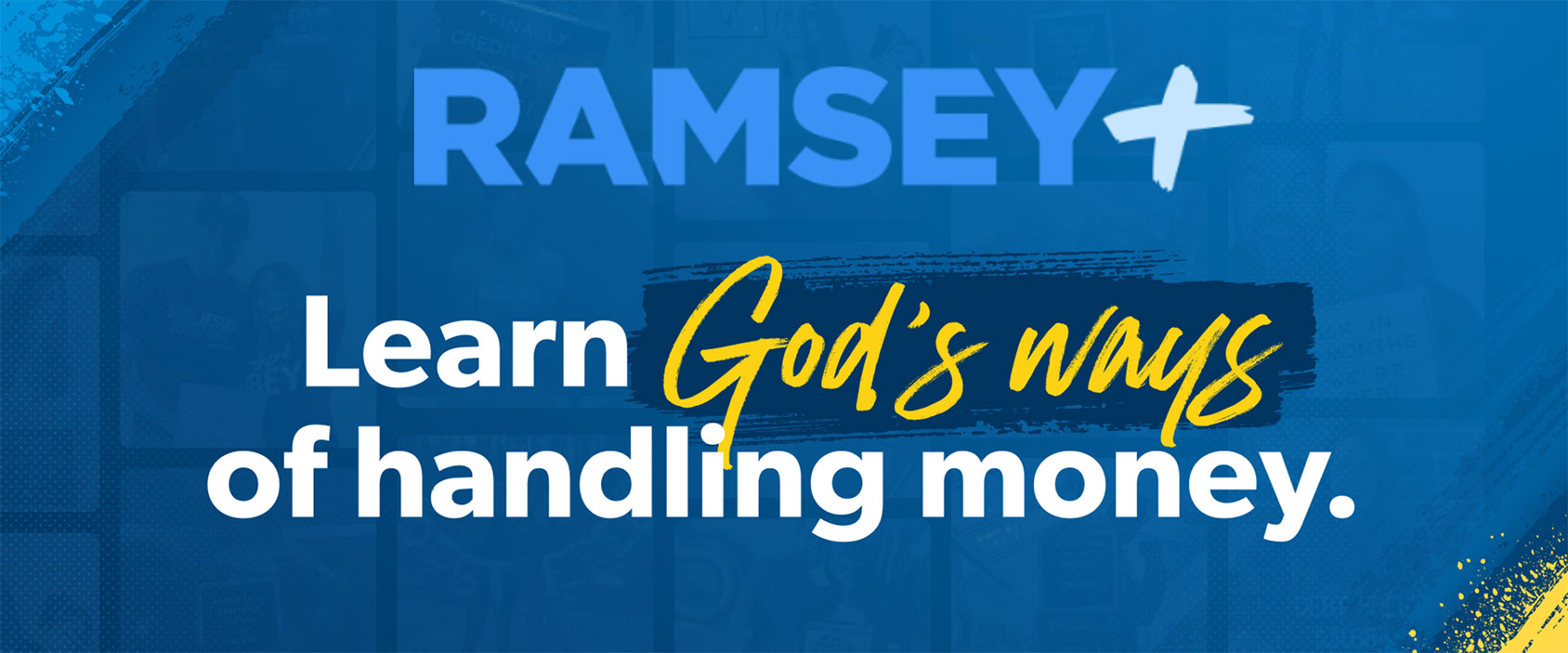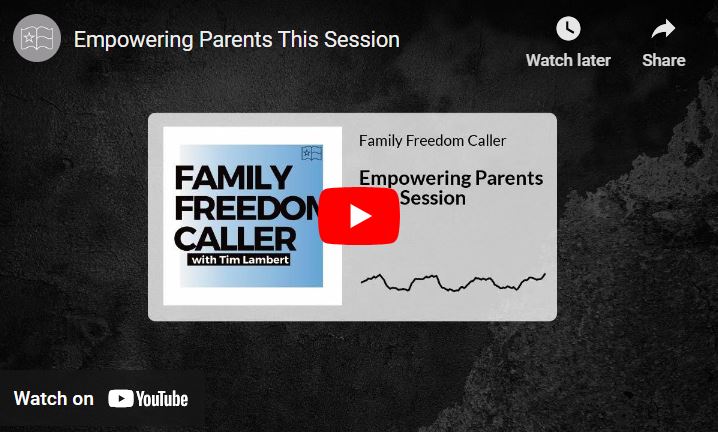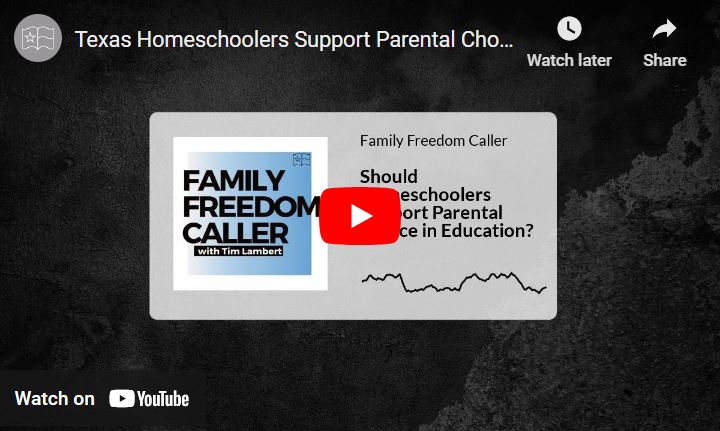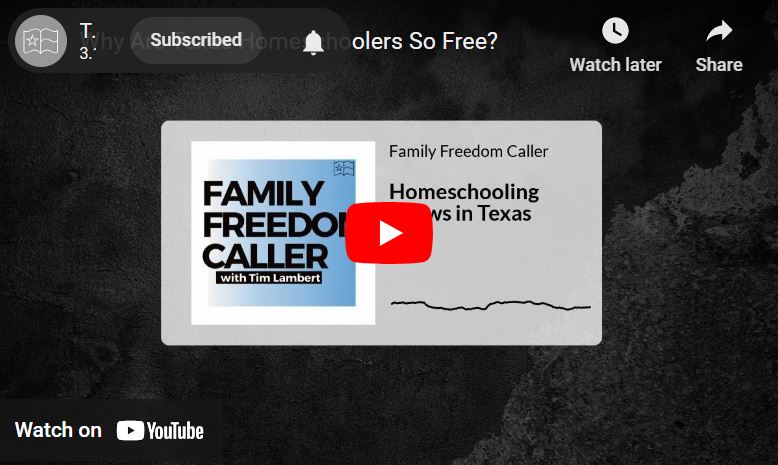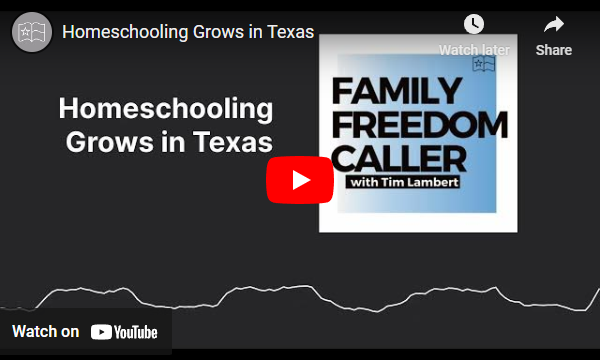Instead of anecdotes, let’s look at some facts about homeschoolers.
Has your homeschooling decision ever been judged based on someone’s random anecdotal experience?
“My kids were in AP classes to get ready for college. How are your kids going to get into college? Aren’t you worried about their future?”
or
“Oh, I met a home schooled kid once. He could barely fill out an application! Aren’t you worried he won’t be able to live in the real world?”
or
“One time I met a family of home schoolers and they seemed a little weird. How will your kids learn to be normal?”
or
“Doesn’t it bother you to pay taxes for schools and professional teachers that you don’t use? Do you even have a degree in teaching? I just don’t understand why I pay taxes so your kids don’t get a proper education…”
I could go on and on… but I’m guessing so could you so I won’t.
Facts About Homeschoolers
National Home Education Research Institute (NHERI) provides solid data on home schooling. According to a 2015 NHERI peer-reviewed study, home school students consistently score 15 to 30 percentile points higher than their public school counterparts on standardized academic achievement tests.
While it’s difficult to compile data to determine if home school students turn out “normal” (what does that mean anyway?), studies have found home schooled students to be more successful at the university level.
S. H. Aasen reported in “New followers of an old path—homeschoolers,” (The Journal for Quality and Participation) that 75 percent of home schooled students attend college, and their success rate is equal or better than their public school counterparts. USNews.com cited a study that showed home schoolers “graduated college at a higher rate than their peers—66.7 percent compared to 57.5 percent—and earned higher grade point averages along the way.”
And what about those taxes?
While we may wish we didn’t have to pay taxes on top of school supplies, there is simply no case for home schooling costing taxpayers more money. The NHERI reports that home school families “represent over $27 billion that American taxpayers do not have to spend, annually, since these children are not in public schools.”
Effectively, home schooling is the least expensive education option for the state and the school district.
Home schoolers are used to (if not vexed by) the media questioning the legitimacy of home schooling, often highlighting the exceptional cases of abuse. Students can and do fall through the cracks in any system; nonetheless, the few horror stories that draw media attention do not negate hundreds of thousands of home schooling success stories that go unsung.
Rest assured, THSC will stand by Texas families and support their decision to home school!
Will you help us continue Keeping Texas Families Free? Are you a part of the Coalition?
Show your support for the home school movement by making a generous contribution to THSC today.
Instead of anecdotes, let’s look at some facts about homeschoolers.
Has your homeschooling decision ever been judged based on someone’s random anecdotal experience?
“My kids were in AP classes to get ready for college. How are your kids going to get into college? Aren’t you worried about their future?”
or
“Oh, I met a home schooled kid once. He could barely fill out an application! Aren’t you worried he won’t be able to live in the real world?”
or
“One time I met a family of home schoolers and they seemed a little weird. How will your kids learn to be normal?”
or
“Doesn’t it bother you to pay taxes for schools and professional teachers that you don’t use? Do you even have a degree in teaching? I just don’t understand why I pay taxes so your kids don’t get a proper education…”
I could go on and on… but I’m guessing so could you so I won’t.
Facts About Homeschoolers
National Home Education Research Institute (NHERI) provides solid data on home schooling. According to a 2015 NHERI peer-reviewed study, home school students consistently score 15 to 30 percentile points higher than their public school counterparts on standardized academic achievement tests.
While it’s difficult to compile data to determine if home school students turn out “normal” (what does that mean anyway?), studies have found home schooled students to be more successful at the university level.
S. H. Aasen reported in “New followers of an old path—homeschoolers,” (The Journal for Quality and Participation) that 75 percent of home schooled students attend college, and their success rate is equal or better than their public school counterparts. USNews.com cited a study that showed home schoolers “graduated college at a higher rate than their peers—66.7 percent compared to 57.5 percent—and earned higher grade point averages along the way.”
And what about those taxes?
While we may wish we didn’t have to pay taxes on top of school supplies, there is simply no case for home schooling costing taxpayers more money. The NHERI reports that home school families “represent over $27 billion that American taxpayers do not have to spend, annually, since these children are not in public schools.”
Effectively, home schooling is the least expensive education option for the state and the school district.
Home schoolers are used to (if not vexed by) the media questioning the legitimacy of home schooling, often highlighting the exceptional cases of abuse. Students can and do fall through the cracks in any system; nonetheless, the few horror stories that draw media attention do not negate hundreds of thousands of home schooling success stories that go unsung.
Rest assured, THSC will stand by Texas families and support their decision to home school!
Will you help us continue Keeping Texas Families Free? Are you a part of the Coalition?
Show your support for the home school movement by making a generous contribution to THSC today.

